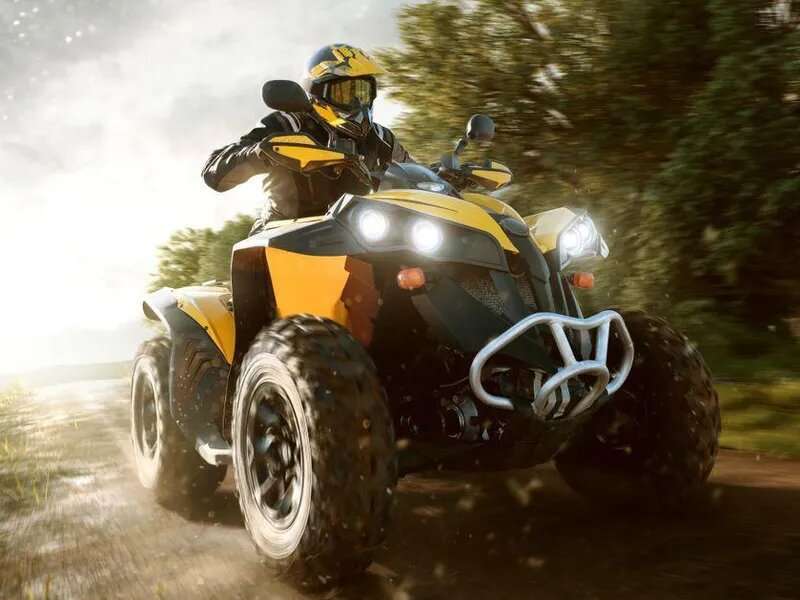
For many Americans, summer is synonymous with All-Terrain Vehicles (ATVs).
These rigs are popular with adults and kids alike—and injuries suffered in crashes of ATVs and other off-highway vehicles claim about 700 lives each year in the United States. About 100,000 people are treated in the nation’s emergency rooms for injuries resulting from off-highway vehicle (OHV) use.
That’s why the U.S. Consumer Product Safety Commission (CPSC) is offering tips for safer riding as the summer of 2022 gets into gear.
“These vehicles are not toys and should be used only as directed,” commission chairman Alex Hoehn-Saric said in a CPSC news release. “For their own safety, it is critical that riders younger than 16 drive only age-appropriate youth models, and never adult models. And they all should always drive safely and wear protective equipment.”
The CPSC recommends getting hands-on training from a qualified instructor in an ATV Safety Institute course.
OHVs include all-terrain vehicles, recreational off-highway vehicles and utility-terrain vehicles.
Here are some key safety tips for their use:
- Never ride with more passengers than there are seats. Most ATVs are designed for a single rider.
- Don’t ride on public roads, except to cross where permitted by law. Stay off paved roads.
- Don’t drink alcohol before or while driving an ATV. As with drinking and driving a car, alcohol can impair judgment and response time.
- Always wear a helmet and other protective gear, including eye protection, boots, gloves, long pants and a long-sleeved shirt.
- Riders younger than 16 years old should drive only age-appropriate youth models, never adult models.
Between 2016 and 2018, 2,211 people nationwide died in OHV incidents, according to the CPSC. ATVs accounted for nearly three-quarters of those deaths. Nearly 300 involved children under age 16.
Over five years, ATVs were the vehicle involved in 96% of the OHV injuries.
Source: Read Full Article




